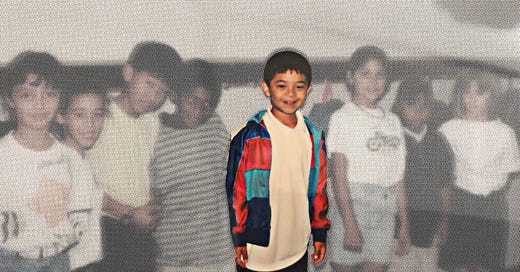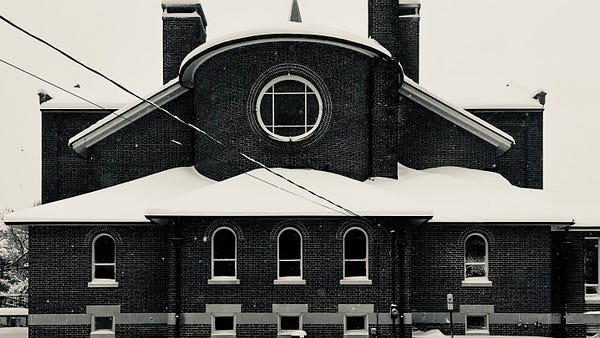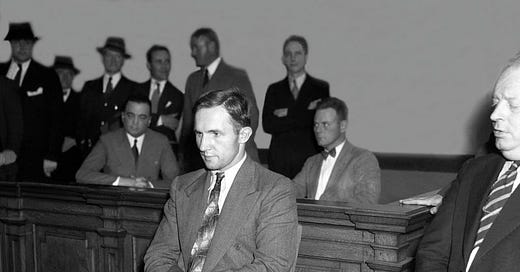
When we first came upon the writing of Rob Henderson—on class, the sexes, culture, families, and more—we were struck by his original and sharp insights. And we’ve been delighted to publish many of his pieces in The Free Press.
Rob has exemplary academic credentials—a BS from Yale, and a PhD in psychology from the University of Cambridge. But his work is unusual for how deeply it is informed by his own remarkable life. Abandoned by his parents, he entered the foster care system at age three, suffered years of abuse, enlisted in the military, and went on to become a brilliant scholar.
Today, we offer an exclusive excerpt from Rob’s stunning new memoir, Troubled. In it he describes his heartbreaking childhood, and what it has taught him about some of the most contentious social issues of today.
My full name is Robert Kim Henderson.
Each of my three names was taken from a different adult. Robert was the name of my biological father, who abandoned my mother and me when I was a baby. I have no memory of him. In fact, the only information I have about him is contained in a document given to me by the social worker responsible for my case when I was being shuffled around to different foster homes in Los Angeles.
My middle name, Kim, is from my birth mother. It was her family name. She succumbed to drug addiction soon after I was born, rendering her unable to care for me. I have only two memories of her. I haven’t seen her since I was a child.
And my last name: Henderson, which comes from my former adoptive father. After my adoptive mother separated from him, he severed ties with me to get back at her for leaving him. He figured that this would hurt me, and that my emotional pain would transmit to my adoptive mother. He was right.
These three adults have something in common: all abandoned me. None took responsibility for my upbringing. When I was in foster care, doctors, psychologists, social workers, and teachers would often use the word troubled to describe me and the other kids who were overlooked, abandoned, abused, or neglected.
I grew up poor, encountered the middle class in the military, and later found myself surrounded by affluence at Yale. In Troubled I describe what it was like to come from a deprived and dysfunctional background and move up the American status ladder. I have learned a lot about those who sit at or near the apex of that ladder, which led me to develop the concept of “luxury beliefs”—ideas and opinions that confer status on the upper class at little cost, while often inflicting damage on the lower classes. Ideas such as monogamy and marriage are outdated, or that we should “defund the police.”
The people who get damaged are the ones I grew up with. Two of my childhood friends landed in prison, and another one would have, but he was shot to death first. Studies indicate that in the U.S., 60 percent of boys in foster care are later incarcerated, while only 3 percent graduate from college. This is the story of how I became part of that 3 percent.
Here’s my earliest memory, from when I was three years old: it’s completely dark. I am gripping my mother’s lap. Burying my face so deeply into her stomach I can’t breathe. I come up for air and see two police officers looming over us. I know they want to take my mom away. I fasten myself to her as hard as I can.
Next, I’m sitting on a bench next to her drinking chocolate milk. I sneeze and spill the milk, but my mom can’t help me. She’s wearing handcuffs.













